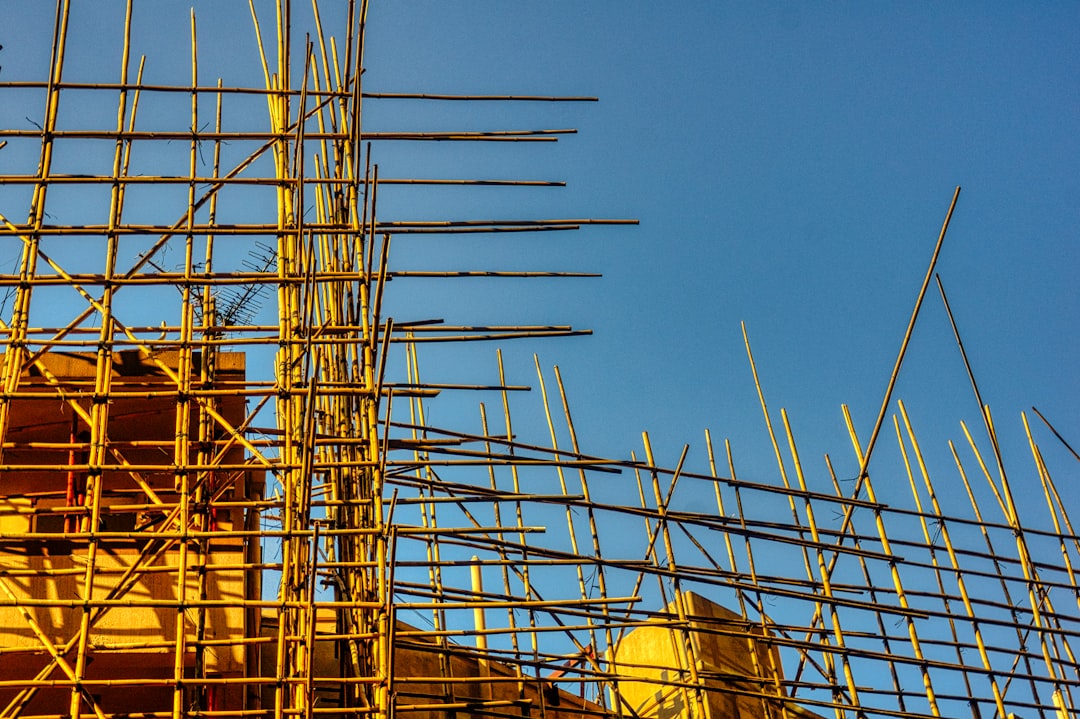CountBricks Regrading Around Foundation Cost Guide
Price source: Costs shown are derived from our proprietary U.S. construction cost database (updated continuously from contractor/bid/pricing inputs and normalization rules).
Eva Steinmetzer-Shaw
Head of Marketing
Understanding Regrading Around Foundation Cost
Regrading around a foundation is a crucial step in protecting a home from water damage. By reshaping the top 6-12 inches of soil to slope away from the structure, contractors can prevent water from seeping into basements or crawl spaces. The cost for regrading typically ranges from $1,000–$3,000, depending on factors such as soil type, site access, and finish surface. This guide provides insights into the key cost drivers and strategies to optimize your budget.
Why Regrading Matters More Than Cosmetic Landscaping
- Extends foundation lifespan by reducing hydrostatic pressure
- Prevents mold-friendly moisture in basements
- Eliminates pooling that attracts insects and undermines patios and decks
- Boosts curb appeal and resale value with a crisp, intentional grade
The Cost of Doing Nothing
Ignoring drainage issues can lead to costly structural repairs, such as bowed walls and cracked slabs, which can easily surpass $25,000. A one-time regrading project is a fraction of the price.
Main Factors Influencing Regrading Around Foundation Cost
1. Access & Site Complexity
Narrow side yards, fencing, and mature landscaping can complicate access, requiring more labor-intensive hand grading.
2. Soil Conditions
- Dense clay requires heavier equipment and more passes
- Sandy loam may need supplemental topsoil to maintain slope
- Compaction testing can add small laboratory fees
3. Linear Footage & Depth
Most residential lots require 50-120 linear feet of regrade. More material moved equals higher cost.
4. Haul-Off or Re-Use
Reusing clean fill can reduce disposal charges, while contaminated spoils increase costs.
5. Finish Surface
Seeding, sod, or decorative rock over the new grade affects both material and labor costs.
Typical Price Range in 2026
According to current data, most projects fall within these ranges:
- Low end: $1,000 for a simple 40' run with minimal obstacles
- Mid range: $1,500–$3,000 for full-perimeter grading, new topsoil, and seed
- High end: $3,000+ when hardscape removal or imported fill is required
These figures include equipment, labor, soil, seed, and light cleanup.
How CountBricks AI Generates Fast, Accurate Estimates
Traditional estimating methods are replaced with:
- Realtime voice capture for instant task quantification
- AI blueprint takeoffs for detecting foundation lines and slopes
- Live material pricing for up-to-date cost data
- Auto-generated quote PDFs for immediate client approval
Step-by-Step Regrading Workflow with CountBricks
- Capture scope verbally or by plan upload
- AI suggests optimal slope (minimum 5% for the first six feet)
- Review auto-calculated cubic yards of cut or fill
- Select finish surface—seed, sod, or rock
- Send branded proposal to client within minutes
- Convert quote to invoice once approved
Pro Tips to Keep Regrading Costs in Check
- Bundle gutter extensions and regrading to share equipment time
- Reuse clean excavated soil for landscaping mounds
- Schedule work during dry weeks to avoid delays
- Run “good-better-best” scenarios for ROI insights
Frequently Asked Questions
How long does residential regrading take?
A typical perimeter regrade finishes in one to two crew days with a skid steer and two laborers.
Is a permit required?
Most municipalities classify minor grading under general landscaping, but check local ordinances for erosion control thresholds.
Will the new slope damage existing landscaping?
Shrubs near the foundation may need temporary relocation, which can be scheduled into the project.
Conclusion: Protect Homes & Budgets with CountBricks
Regrading offers high returns by reducing moisture risk and improving aesthetics. For accuracy, speed, and transparency, CountBricks is your partner. Start a voice-driven estimate or request a blueprint takeoff at CountBricks.com.
CountBricks Case Snapshot: Montgomery Ranch Regrade
When the Johnson family noticed musty odors in their basement, an inspection revealed negative slope on three sides of their 2,400 sq ft ranch. They contacted CountBricks through our instant voice line, describing soft spots near the back patio.
AI Estimate in Under Ten Minutes
- The field tech walked the perimeter while narrating distances and obstacles. Our app translated the speech into 112 linear feet of cut, 18 cubic yards of fill, and 2,000 sq ft of seed.
- Live pricing populated: equipment $620, topsoil $38/yd, seed and straw $0.19/sq ft, labor 16 crew-hours.
- Total regrading around foundation cost: $3,740—emailed to the homeowner before the truck left the driveway.
Execution & Results
- Day one: Skid steer stripped sod, established a 6-inch drop over six feet, and compacted soil in two passes.
- Day two: Imported topsoil feathered the slope, seed and straw blanket applied, gutter downspouts extended four feet.
- Post-project: Vapor readings inside the basement fell 40% within two weeks and a spring storm showed zero puddling at the foundation line.
Lessons Learned
- Early detection and swift action saved the Johnsons an estimated $12,000 in future wall repairs.
- Voice-generated estimates removed the lag between site visit and proposal, increasing close rate to 88%.
- The project demonstrates how transparent unit pricing builds homeowner trust and speeds approvals.
Ready for similar results? Upload your site plan or start a voice call today at CountBricks.com and let our residential specialists protect your foundation with precision, speed, and cost certainty.

